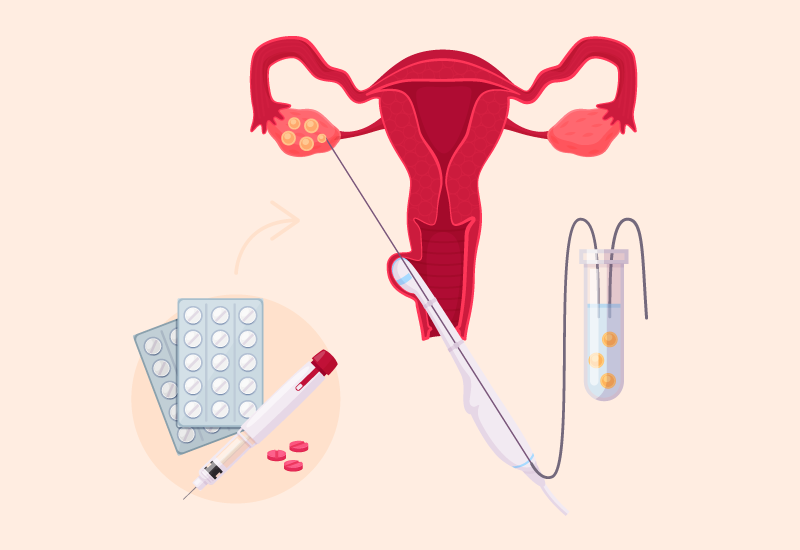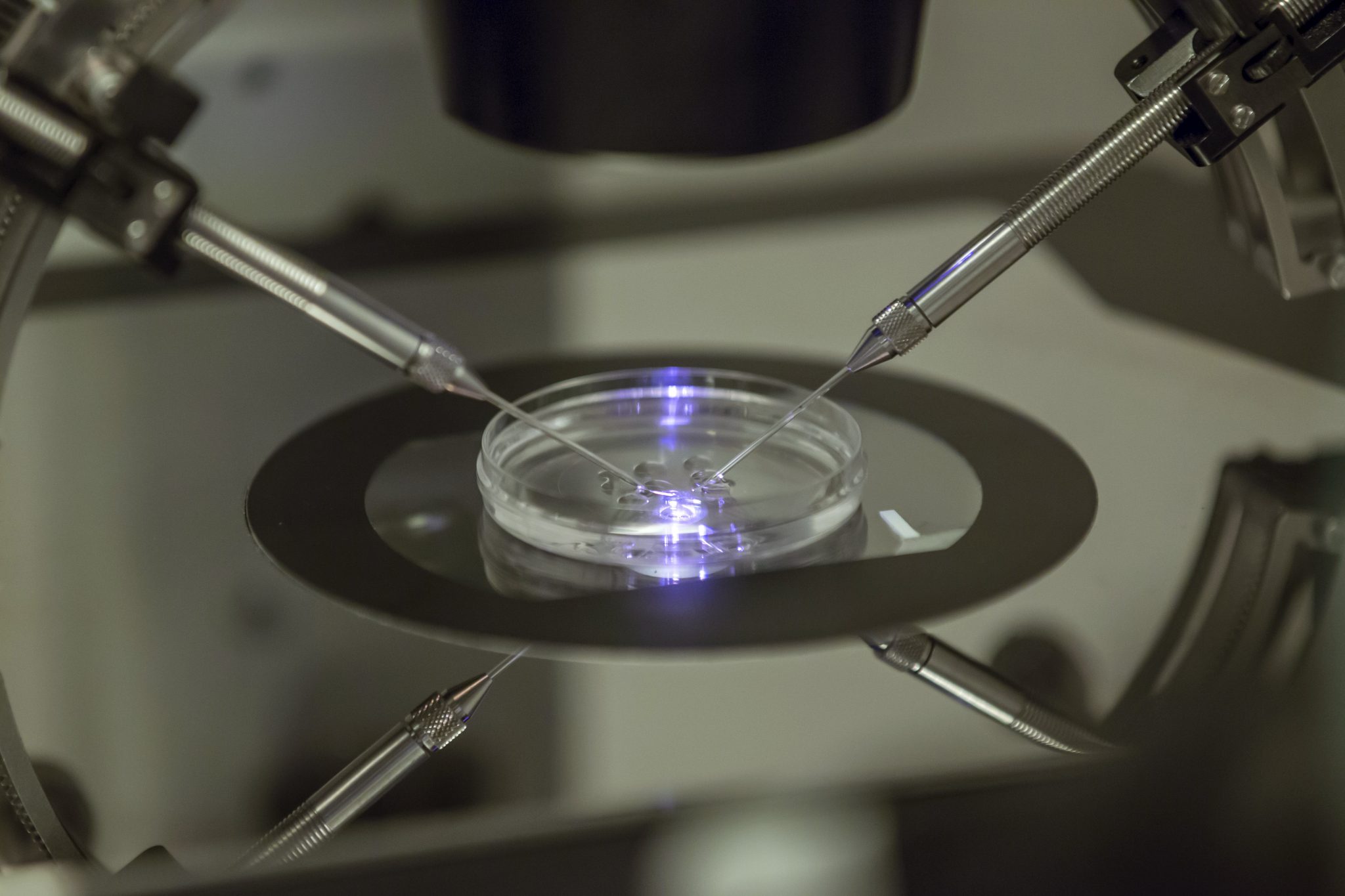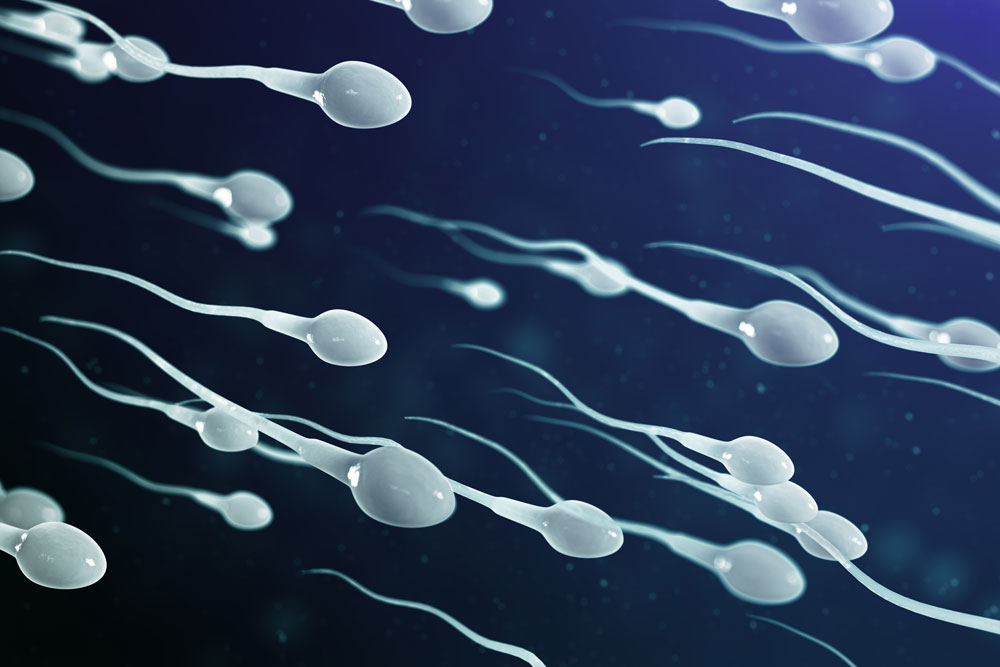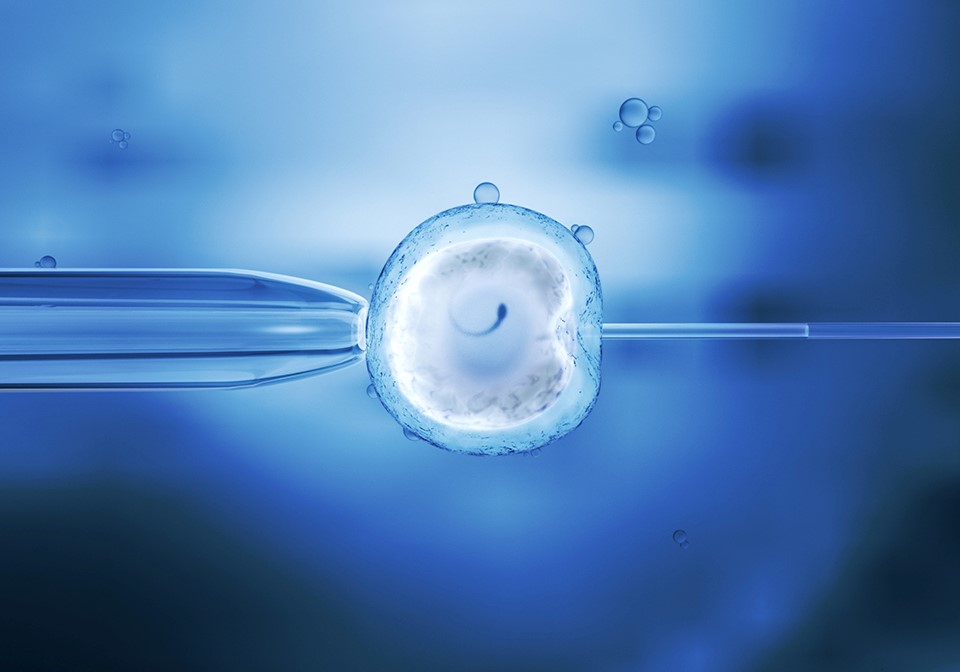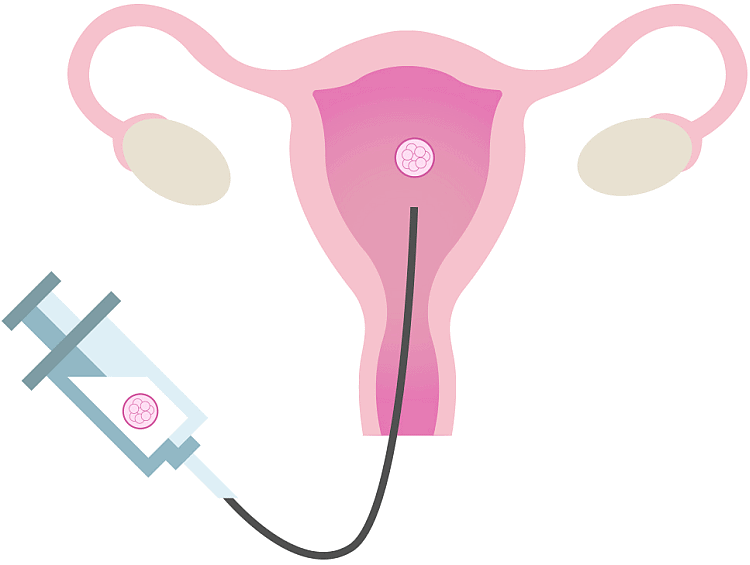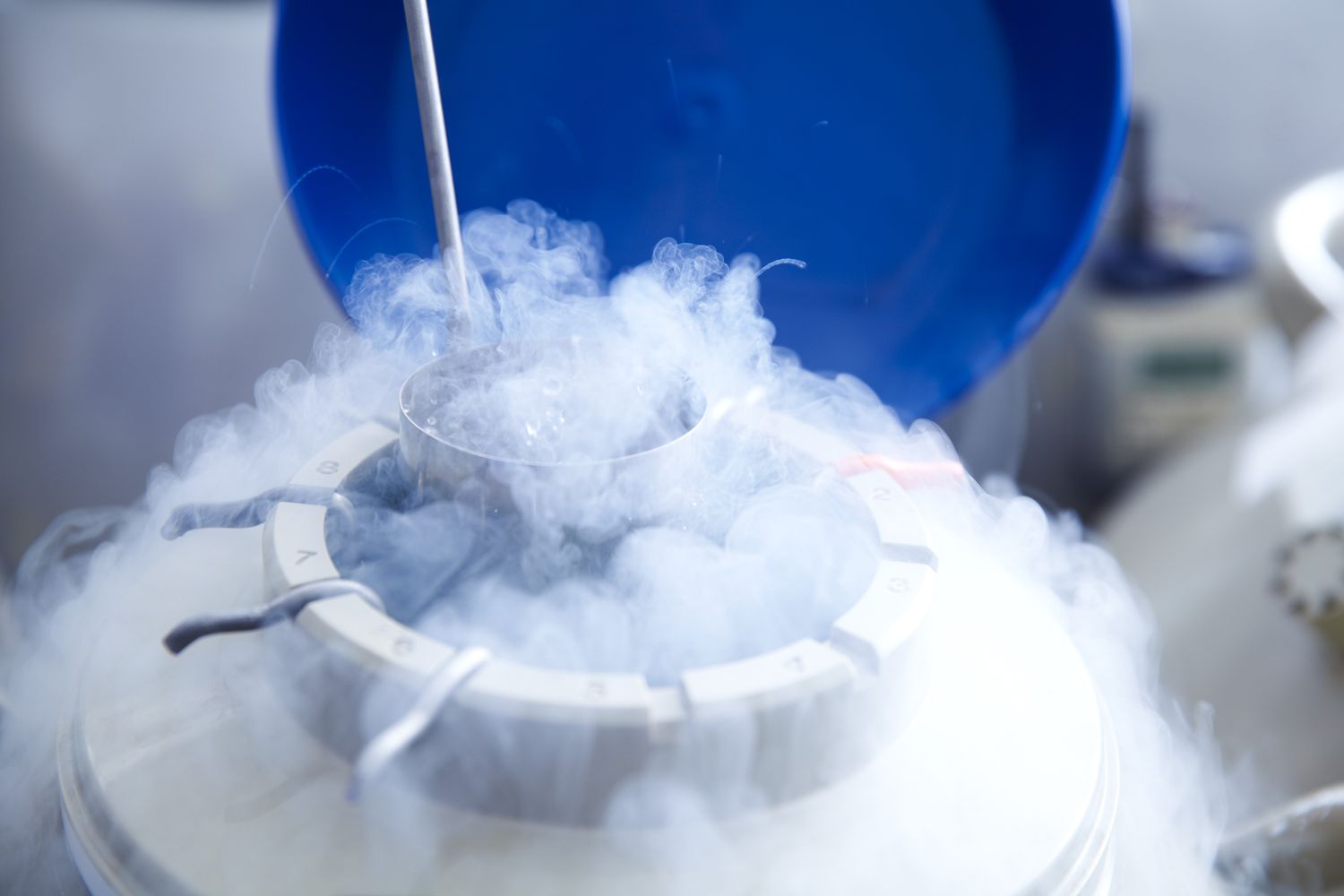Do you have problems
with pregnancy?
Over 15,000 happy couples
More than 30 years of experience
Advanced technology
.
High quality treatments
What is infertility?
Causes of infertility
Infertility symptoms
Treatment of infertility
Infertility is defined as the inability of a couple to achieve a pregnancy after 12 months of regular, unprotected sexual contact. Infertility is a disease of the reproductive system that disrupts the most basic human function: reproduction.
In women over the age of 35, the diagnosis is made after six months of unprotected sexual activity. In cases where pregnancy is not achieved, then the experts who treat infertility should be consulted.
Infertility has various causes, and often affects both partners. The causes can be differORL for men and women, and some of these causes include:
Causes of infertility in women:
Ovulation problems: For some women, ovulation (the release of an egg from the ovaries) does not occur regularly or completely. Such causes can include polycystic ovary syndrome (PCOS) and hormonal issues.
Damage to the outside of the body: Previous infections, surgery, or endometriosis (pulling of endometrial tissue outside the uterus) can damage the outside of the uterus and the fallopian tubes, which are essORLial for fertilization.
Blocked fallopian tubes: Blocked fallopian tubes can prevORL the transport of a mature egg from the ovaries to the uterus.
Uterine problems: Such causes include fibroids (benign uterine tumors) and uterine malformations.
Age: Age is an important factor. The chances of infertility increase with age, especially after the age of 35.
Causes of infertility in women:
Ovulation problems: For some women, ovulation (the release of an egg from the ovaries) does not occur regularly or completely. Such causes can include polycystic ovary syndrome (PCOS) and hormonal issues.
Damage to external parts of the body:
Previous infections, surgery, or endometriosis (pulling of endometrial tissue outside the uterus) can damage the outside of the uterus and the fallopian tubes, which are essORLial for fertilization.
Blocked fallopian tubes: Blocked fallopian tubes can prevORL the transport of a mature egg from the ovaries to the uterus.
Uterine problems: Such causes include fibroids (benign uterine tumors) and uterine malformations.
Age: Age is an important factor. The chances of infertility increase with age, especially after the age of 35.
Causes of infertility in men:
• Sperm problems: Some causes include weak sperm, low sperm count (oligospermia), or poor sperm motility (astheno-spermia).
• Varicocele: This is an enlargemORL of the veins that carry sperm and can affect sperm quality.
• Problems with ejaculation: Retrograde ejaculation (where sperm goes into the bladder instead of out of the body) or other problems with ejaculation can affect fertilization.
• Hormonal disorders: Hormonal imbalances can affect sperm production.
• Blockage of the channels that transport sperm out of the body (sense guides) can lead to infertility.
Infertility symptoms are often incomprehensible, and are often not visible to people experiencing this problem. Infertility is more of a thing that is noticed after a long period of trying to conceive, when there is no success.
Some possible signs and symptoms that may point towards a possible infertility problem include:
For women:
- • Cikli menstrual të pakët dhe të pavregullt.
- • FrequORL request for infertility treatmORLs, including artificial insemination or in vitro fertilization.
- • History of any previous surgical procedures in the area of the reproductive organs (egg , interruption of the fallopian tubes).
- • History of sexually transmitted disease infections.
For men:
- • Problems with erection, ejaculation, or sperm.
- • If you have had any previous surgery in the genital region.
- • History of certain diseases, such as varicocele (enlargemORL of the veins that transport sperm) or hormonal diseases
Treatment of infertility depends on the causes of infertility, general health condition, and age. Treatment may include medication, surgical procedures, or assisted fertilization therapy. Here are some of the most common ways to treat infertility:
Treatment:
Ovulation treatment: For women with ovulation problems, doctors may use drugs to stimulate or regulate ovulation. For example, drugs such as clomiphene can help regulate the menstrual cycle and stimulate ovulation.
Hormone therapy: To regulate hormone levels and treat certain causes of infertility, differORL hormones are sometimes used, such as follicular hormone (FSH) injections. Artificial Insimination (IUI):
This is a procedure that involves placing laboratory-treated sperm into the uterus through a special catheter. IUI can be used for women with a cervix that produces contra-fluid, for men with poor sperm issues, or to treat unknown infertility.
Fertilization Vitro (IVF):
IVF is a procedure that involves combining a woman’s sperm and egg in the laboratory to create a zygote which is then transplanted into the uterus. IVF is used for various causes of infertility, including blocked fallopian tubes, sperm issues, and endometriosis.
• Embryo transfer (ET):
This is a part of the IVF procedure where the embryo created in the laboratory is transplanted into the woman’s uterus. It is used to treat infertility affected by multiple issues, including the woman’s age and the low number of eggs left after the IVF procedure.
• Use of donated sperm or egg:
In cases where the man’s sperm test is very weak or in other certain cases, donated sperm can be used. The woman can also use donated eggs in differORL cases.
• Surgery:
In cases where there are anatomical problems, egg, fibroids in the uterus or blockage of the fallopian tubes, surgery may be necessary to correct these possible causes of infertility.
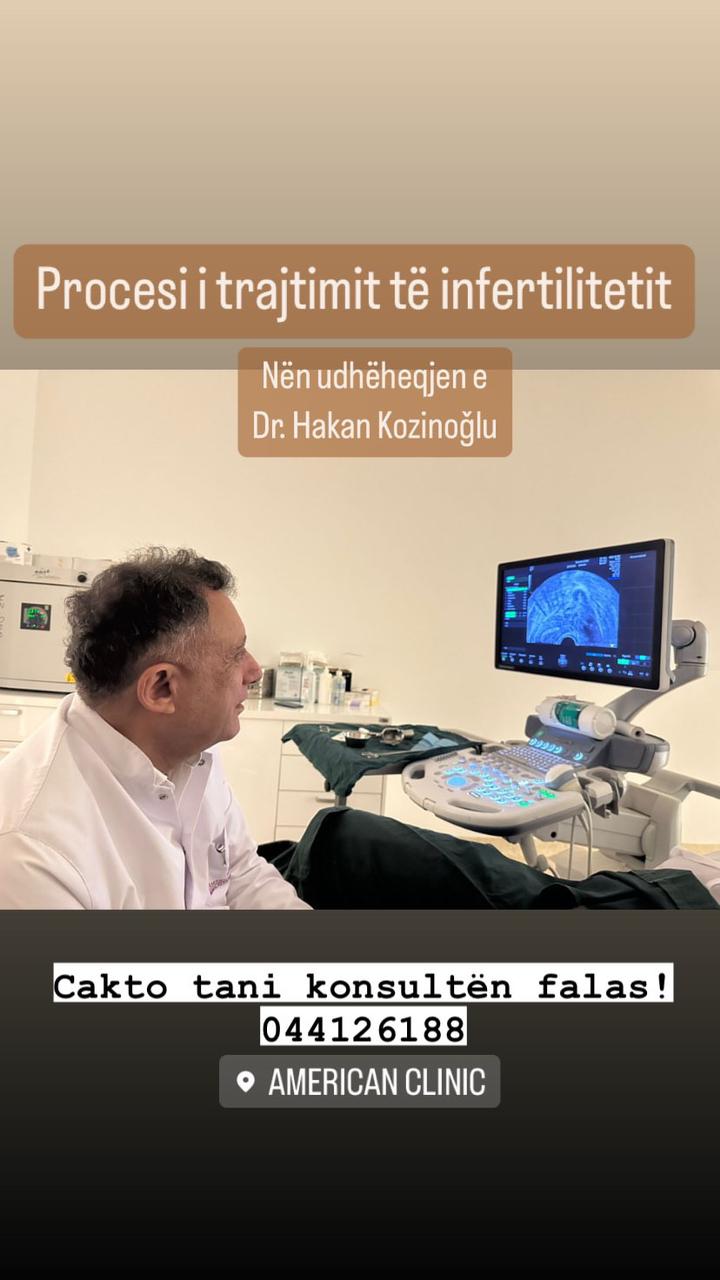
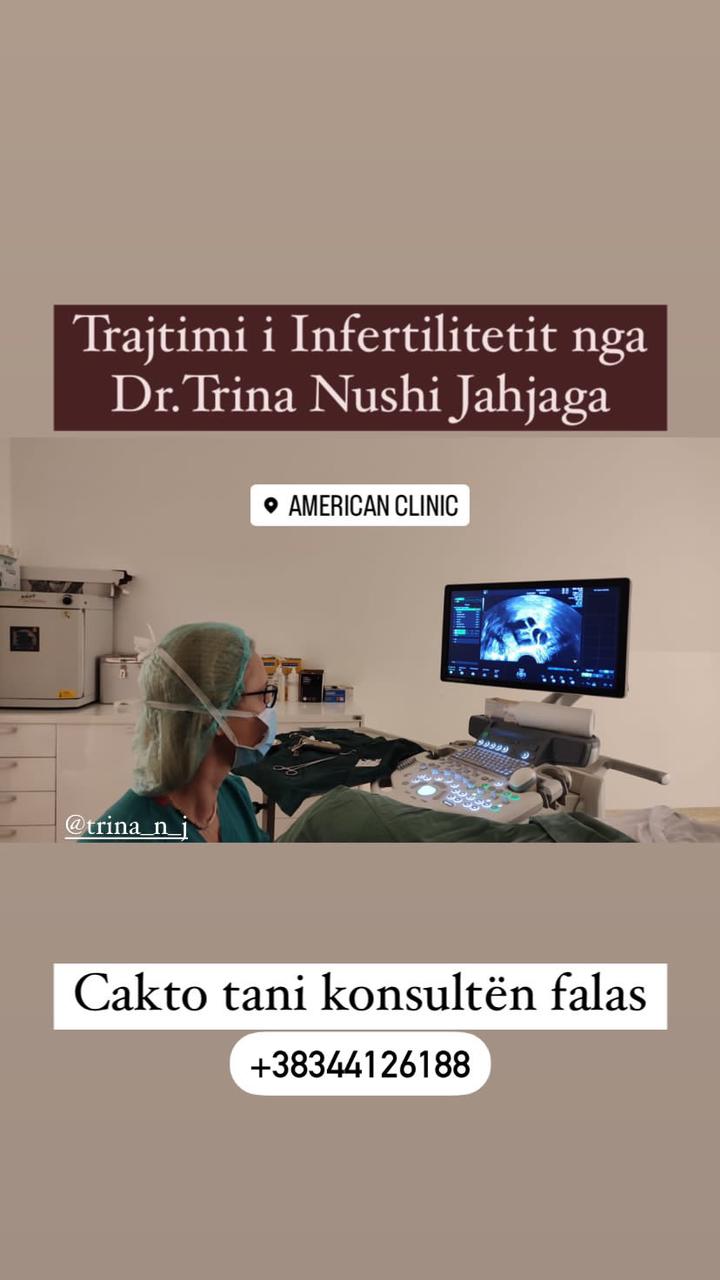
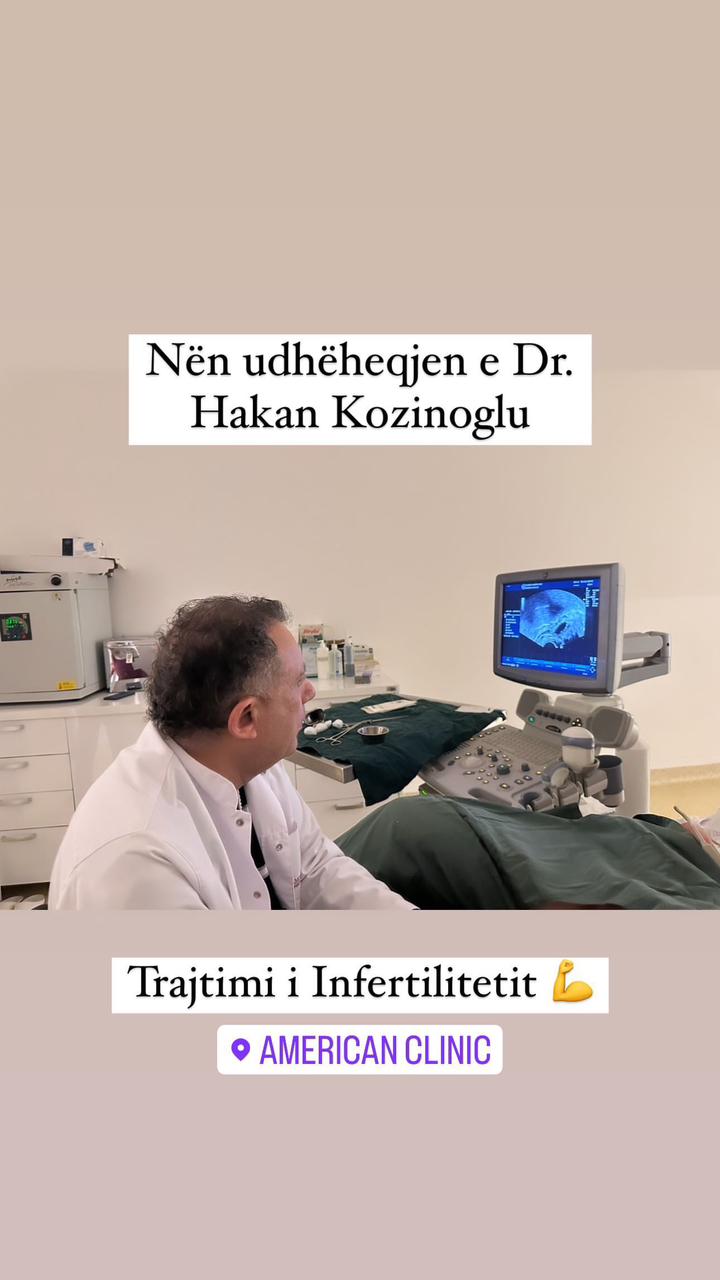
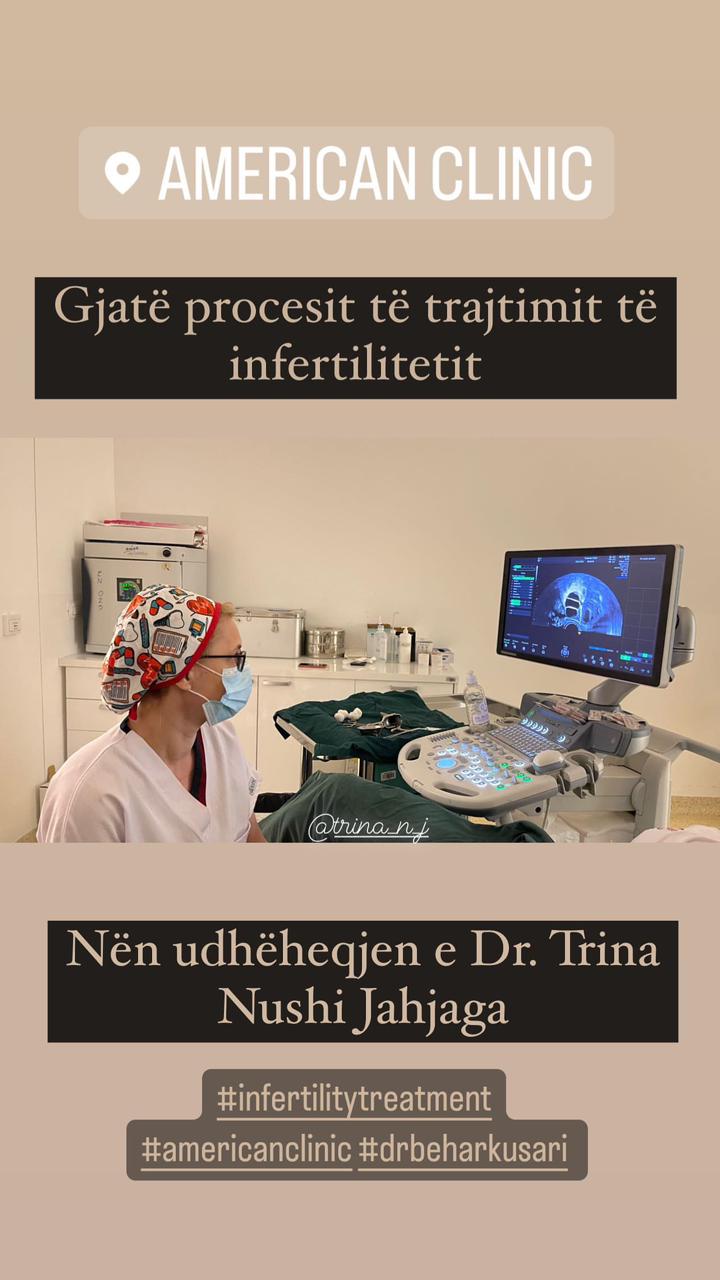
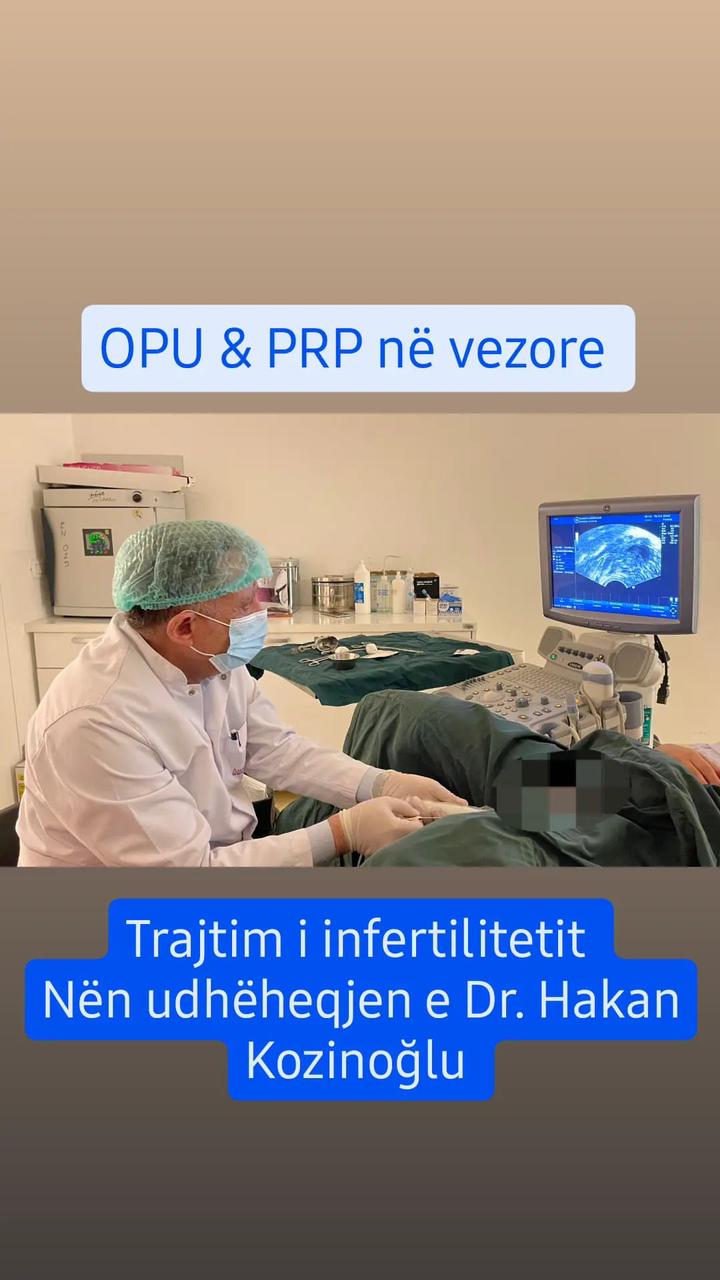
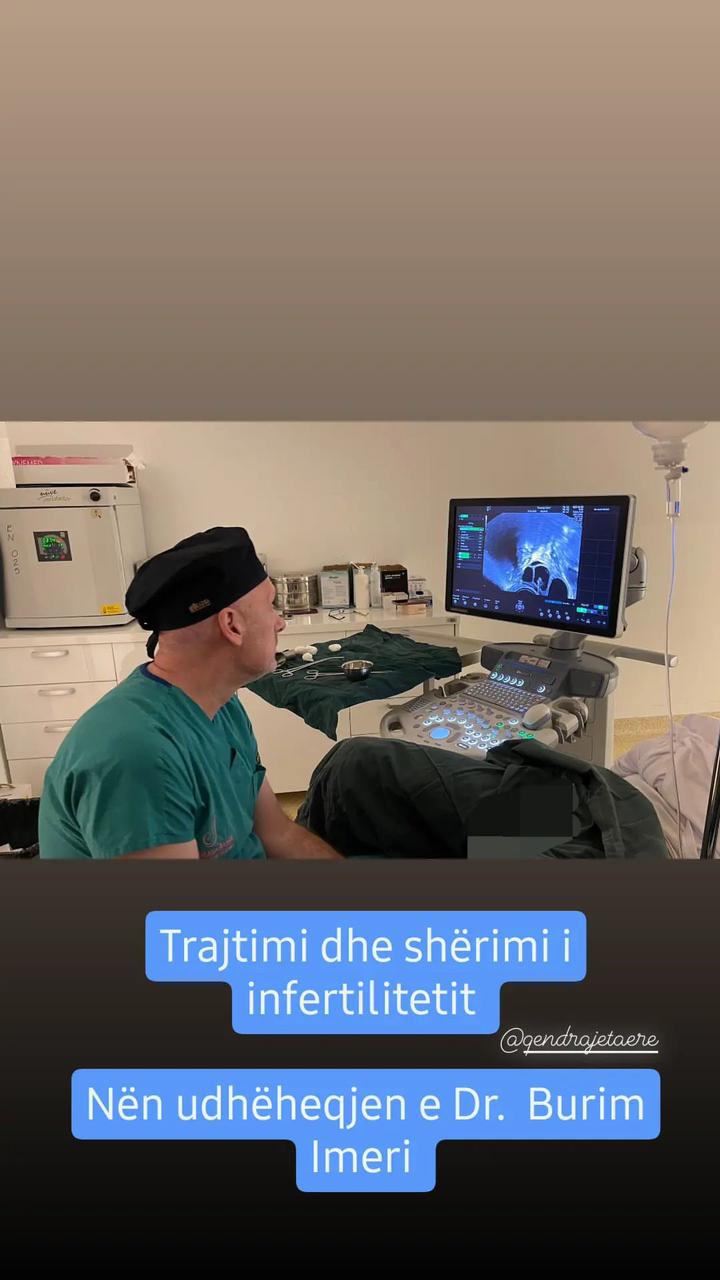
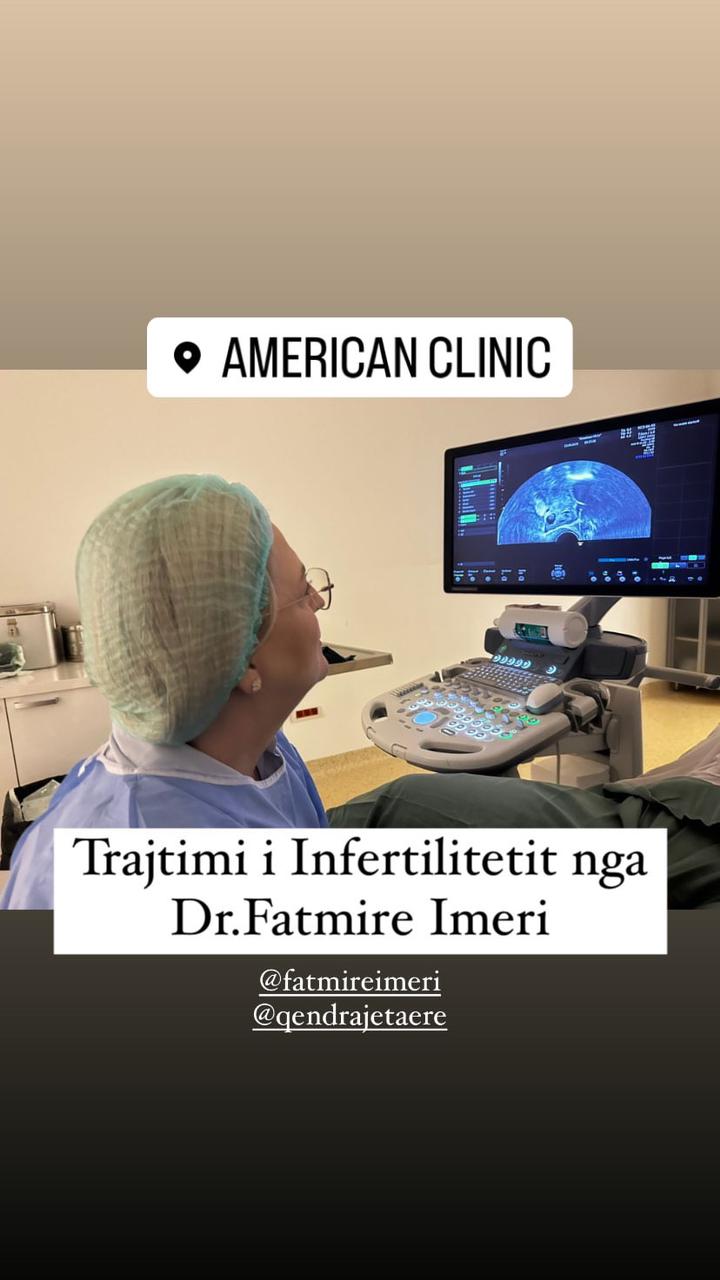
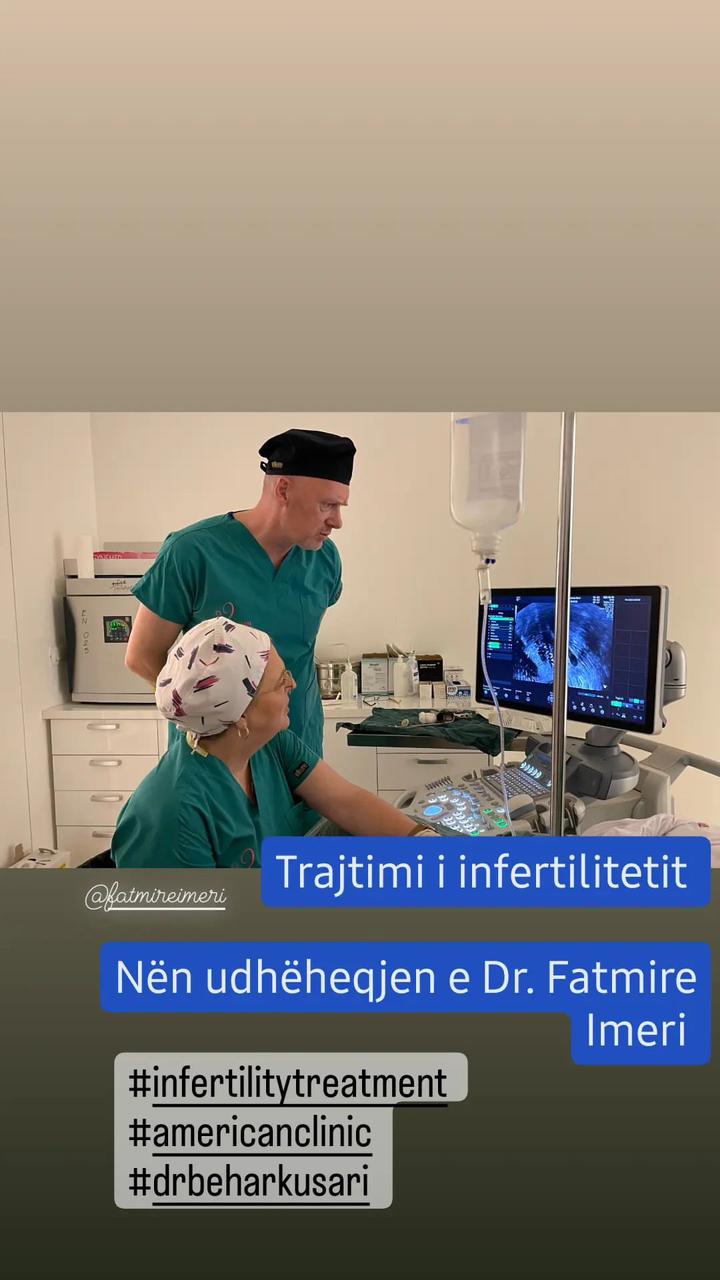
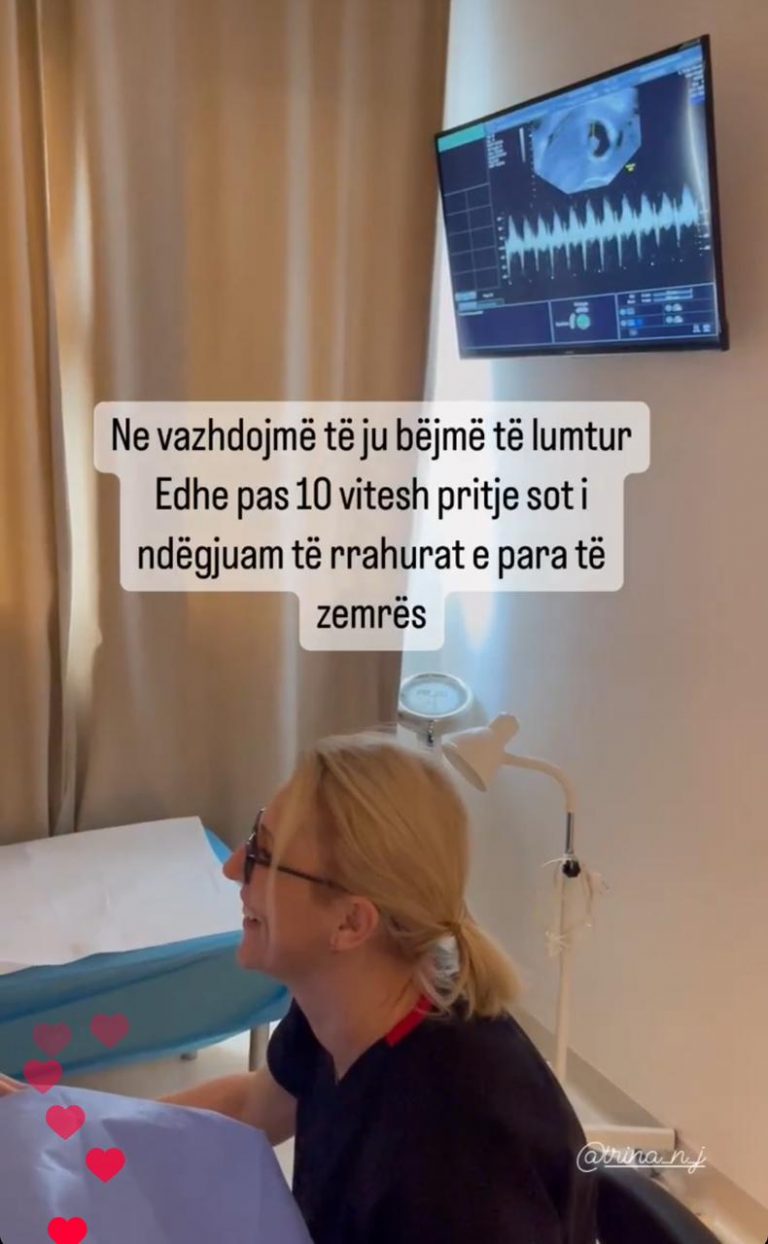
Embryology Laboratory
One of the key factors influencing the success of infertility procedures at the American Clinic “Dr. Behar Kusari” is the high quality of the embryology laboratory and the expertise of the staff in this field. We continuously invest in technological infrastructure and modern equipment for the embryology laboratory. The latest advancements in reproductive medicine are applied with priority in our clinic, bringing new innovations to the services we offer.
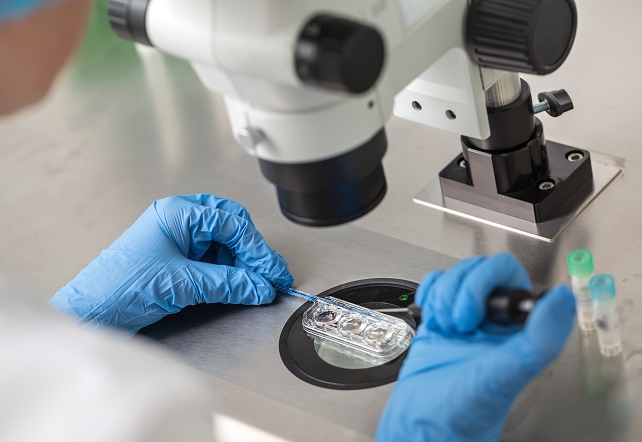
Other Services within Assisted Reproductive Technology (ART)
In addition to the main treatment methods, we also offer a wide range of other services within Assisted Reproductive Technology (ART). These include detailed diagnostics, medical counseling, and hormonal treatments.
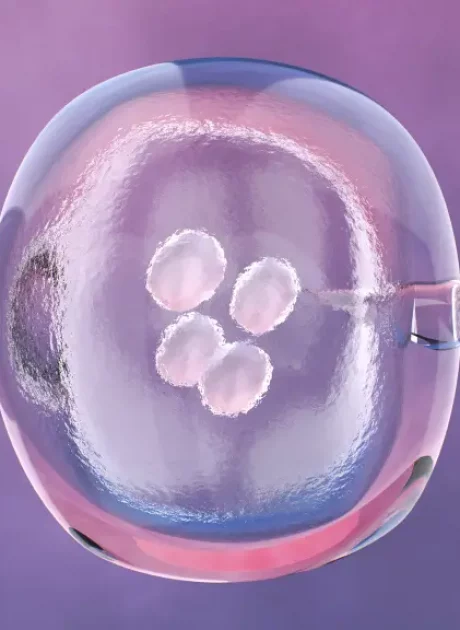
We make it possible!

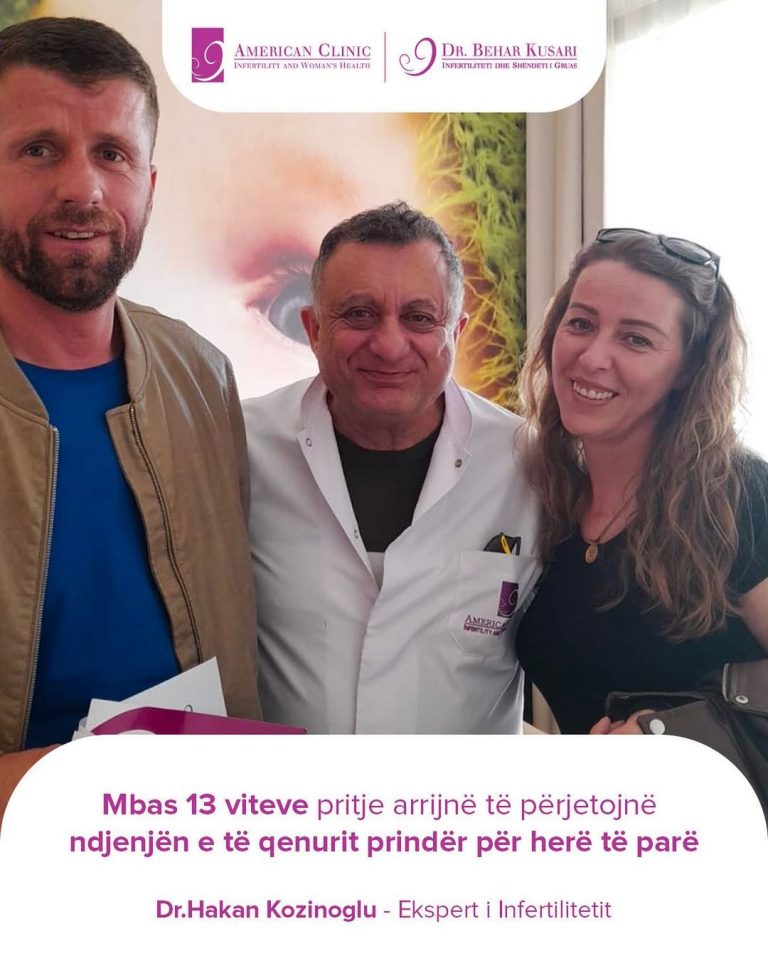


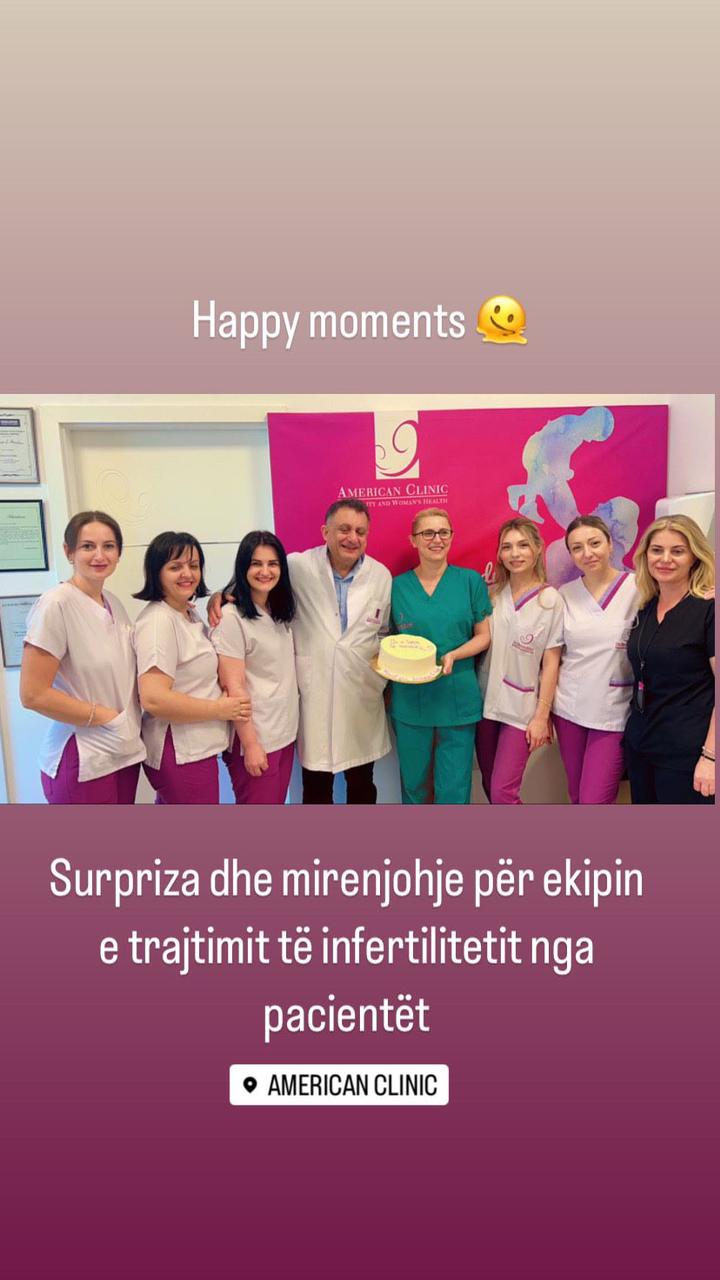
TREATMENT SAFETY, OUR PRIORITY!
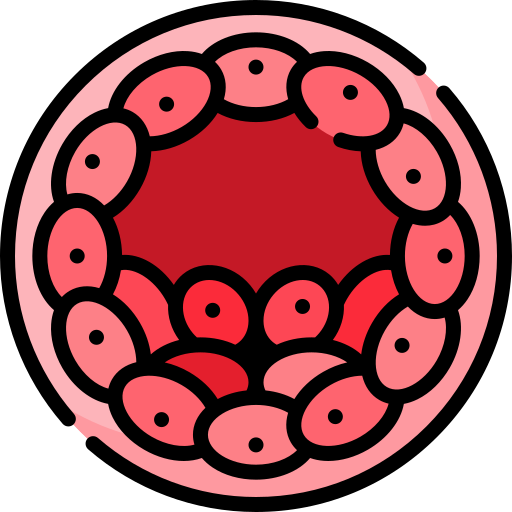
EMBRYO TRANSFER
"Embryo transfer is a critical step in the In Vitro Fertilization (IVF) process. This procedure involves placing one or more fertilized embryos into the mother's uterus with the aim of implanting and developing into a healthy pregnancy. Our expert staff ensures that this procedure is carried out with care and precision, increasing the chances of a successful pregnancy.".
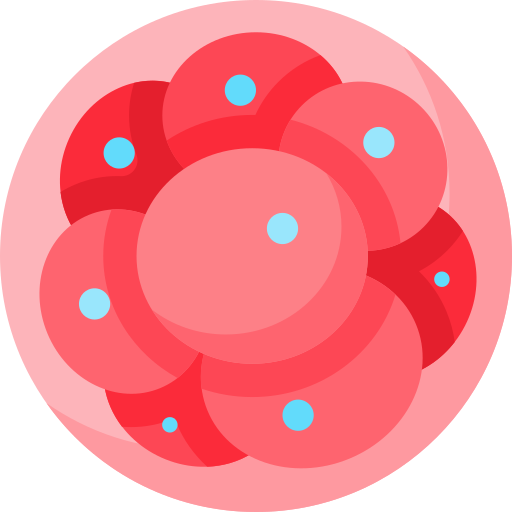
Preimplantation Genetic Testing (PGT-a)
Preimplantation Genetic Testing, or PGT, is a technique that allows us to analyze the genetics of embryos before they are transferred into the uterus. This provides the opportunity to identify any genetic abnormalities and select the healthiest embryos for transfer. This test is particularly recommended for couples with a family history of genetic diseases or those who have experienced unexplained miscarriages."
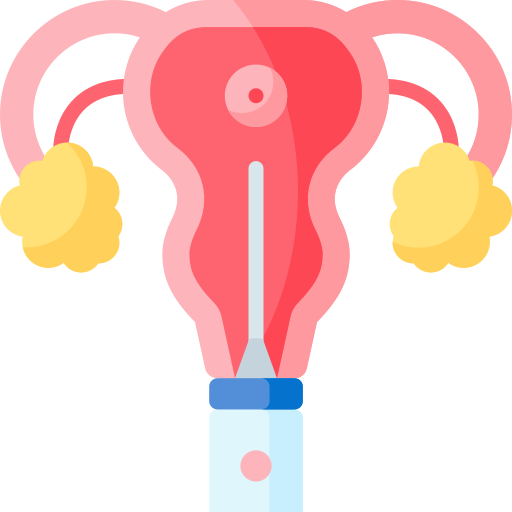
Next-generation sequencing (NGS)
A test used to detect various mutations in the structure of DNA and RNA.

Carrier Genetic Test (CGT)
"Carrier Genetic Test (CGT) is an analysis performed to determine if parents are carriers of any genetic diseases that could be inherited by their child. This test can be done before pregnancy or in its early stages and is useful for couples who want to take precautionary measures to minimize the risk of having a child with a genetic disease."
Risk Factors for Infertility
Do you have problems with pregnancy?
Experts at the American Clinic “Dr. Behar Kusari” who treat infertility
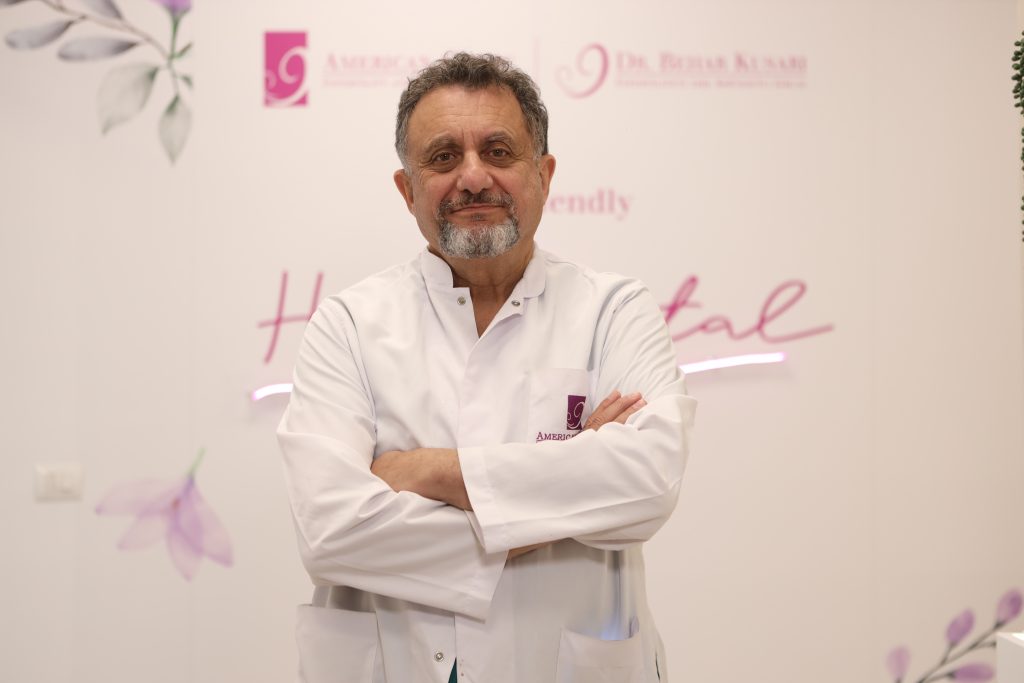
Dr.Hakan Kozinoglu
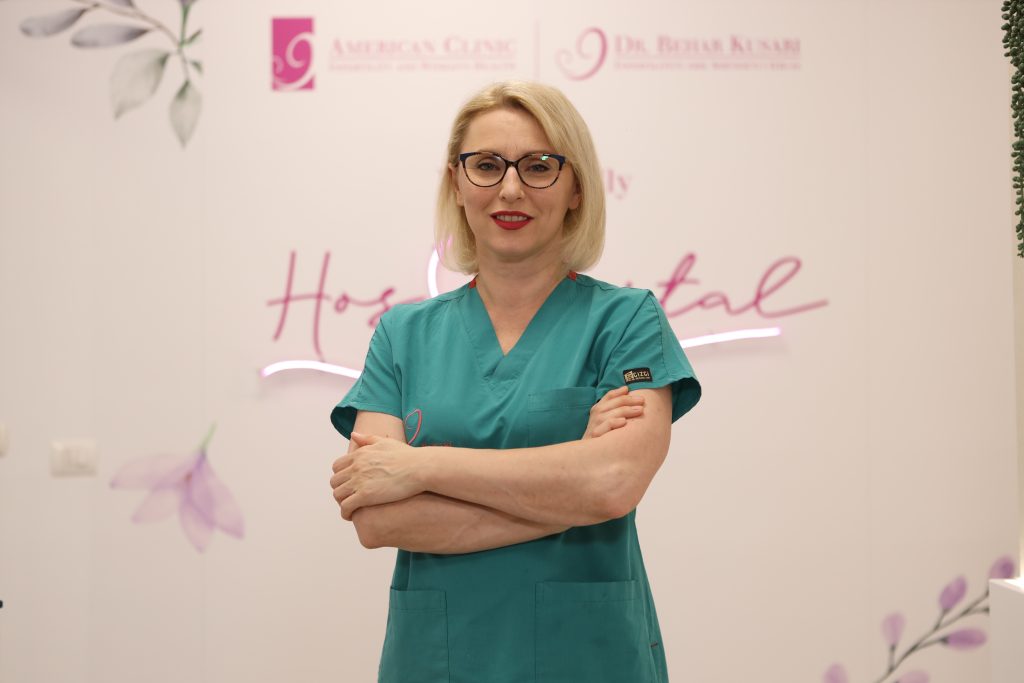
Dr. Trina Nushi Jahjaga
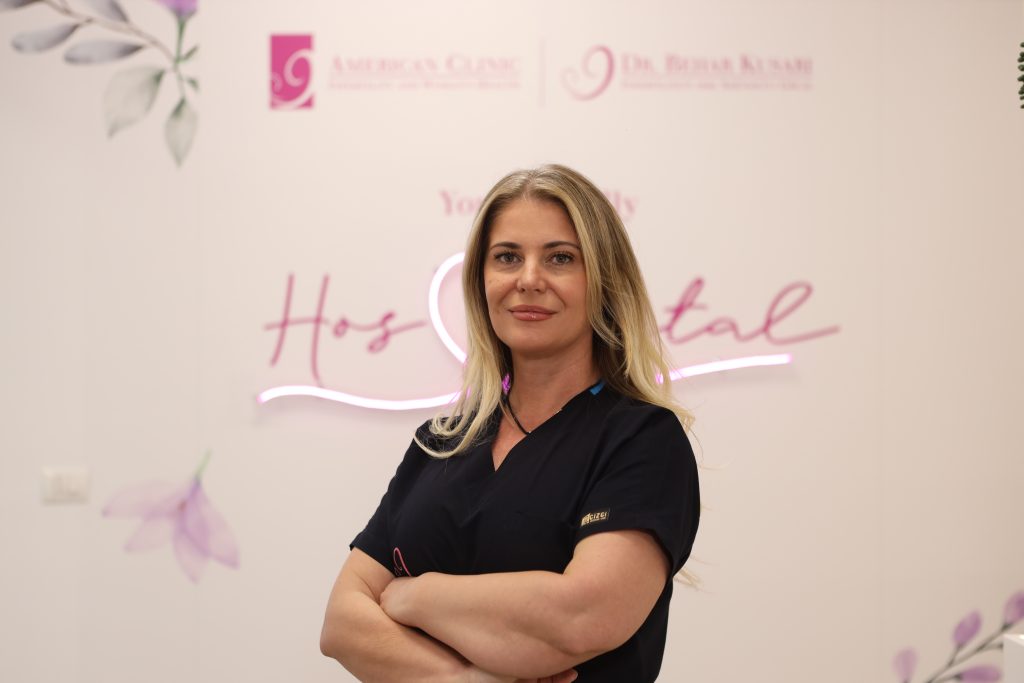
Saranda Murtezaj
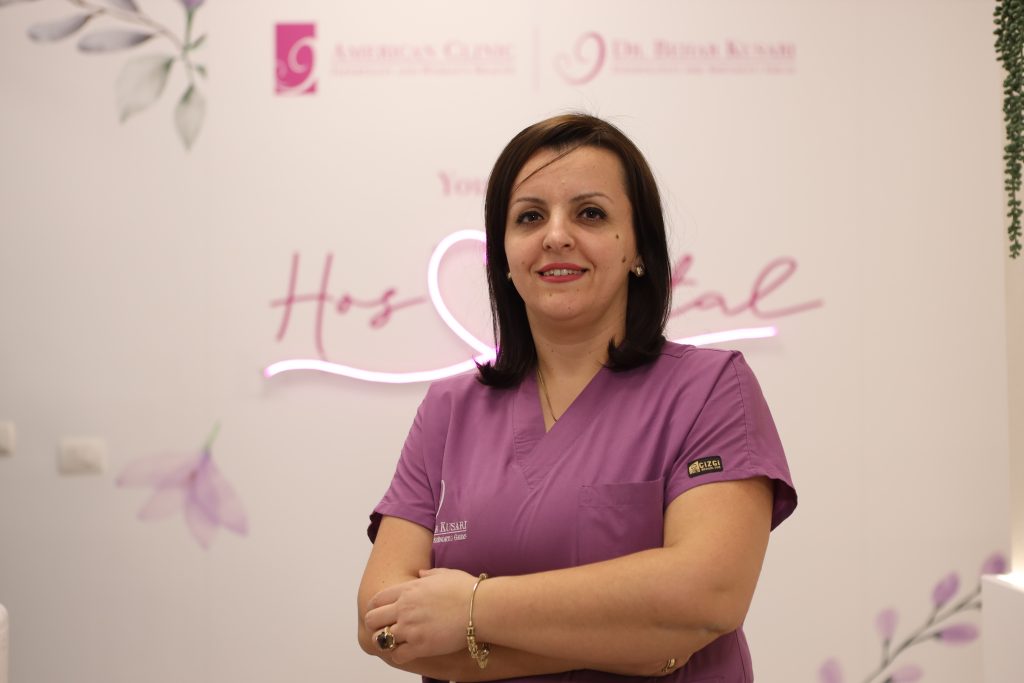
Albana Sokoli
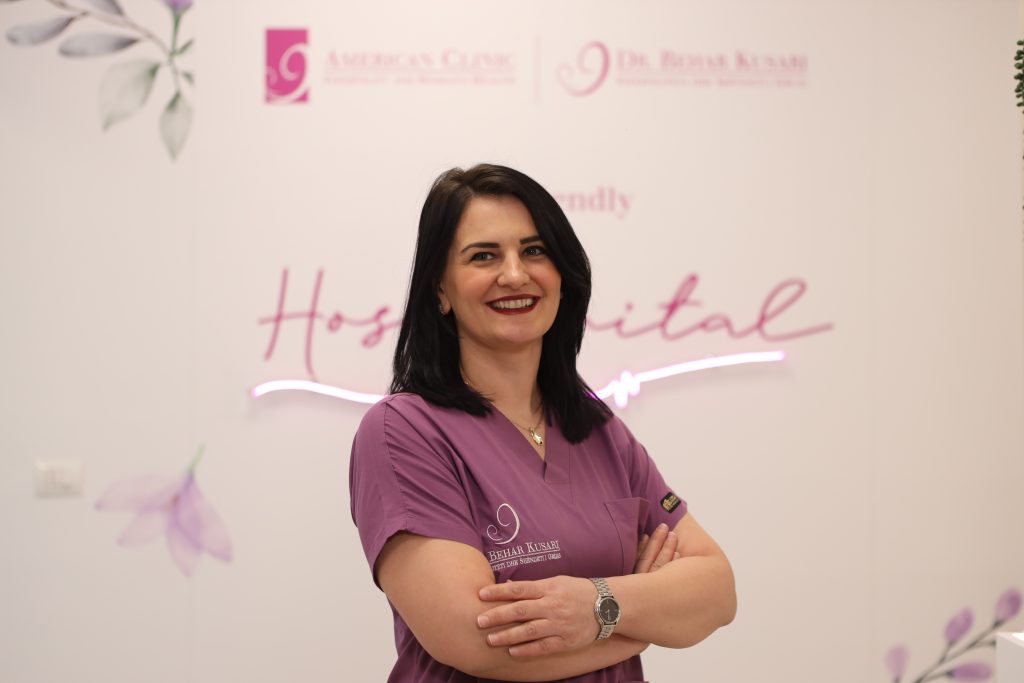
Rita Shkoza
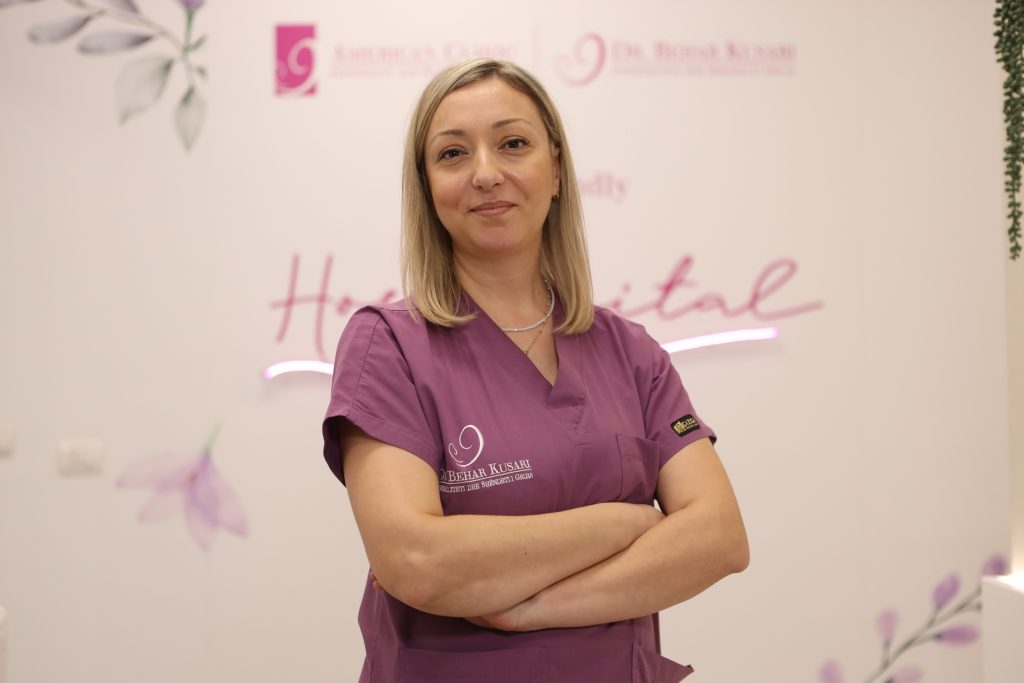
Zana Gojani
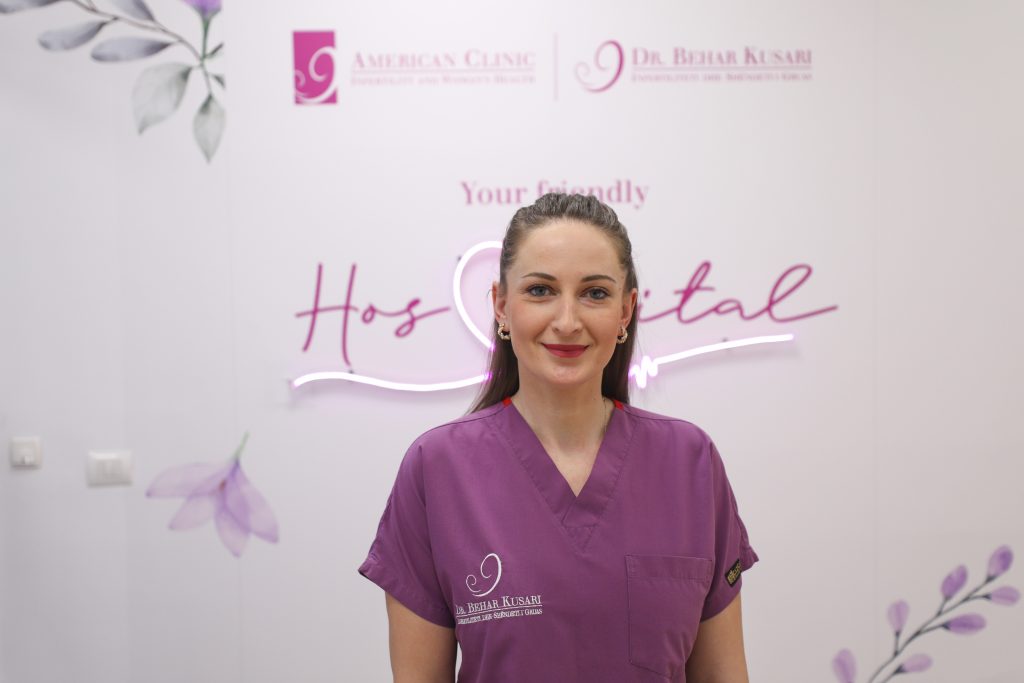
Leunora Kurtishi
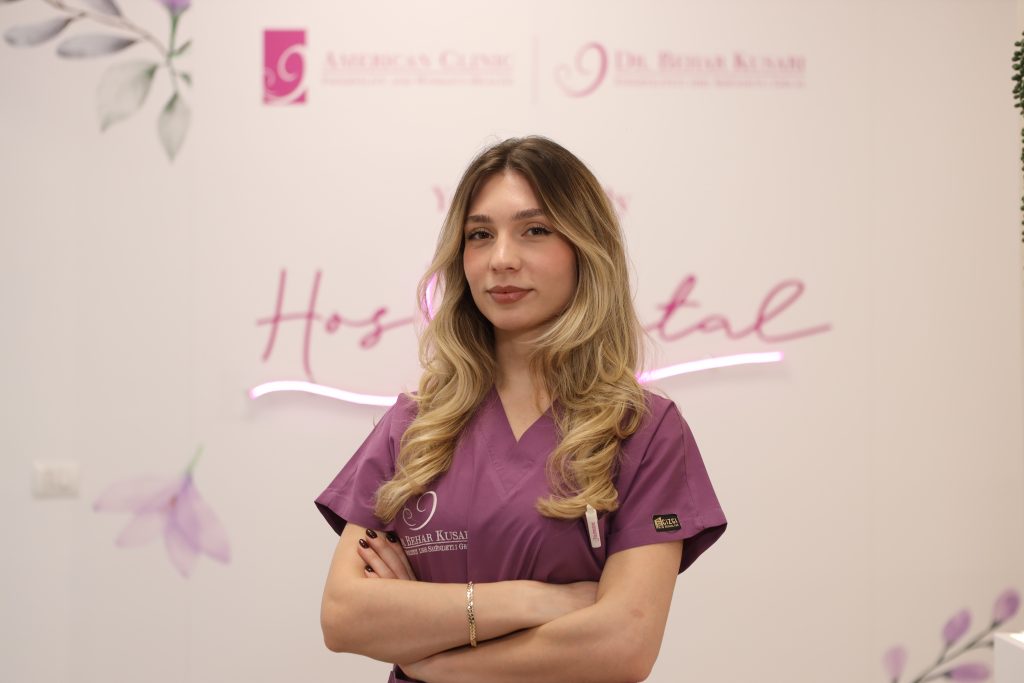
Njomza Mustafa
Schedule an appointment now
+383 38 606 116
+383 44 126 188
+383 45 126 188
Magjistralja Prishtinë – Ferizaj Km3
10,000 Prishtinë, Kosovë

